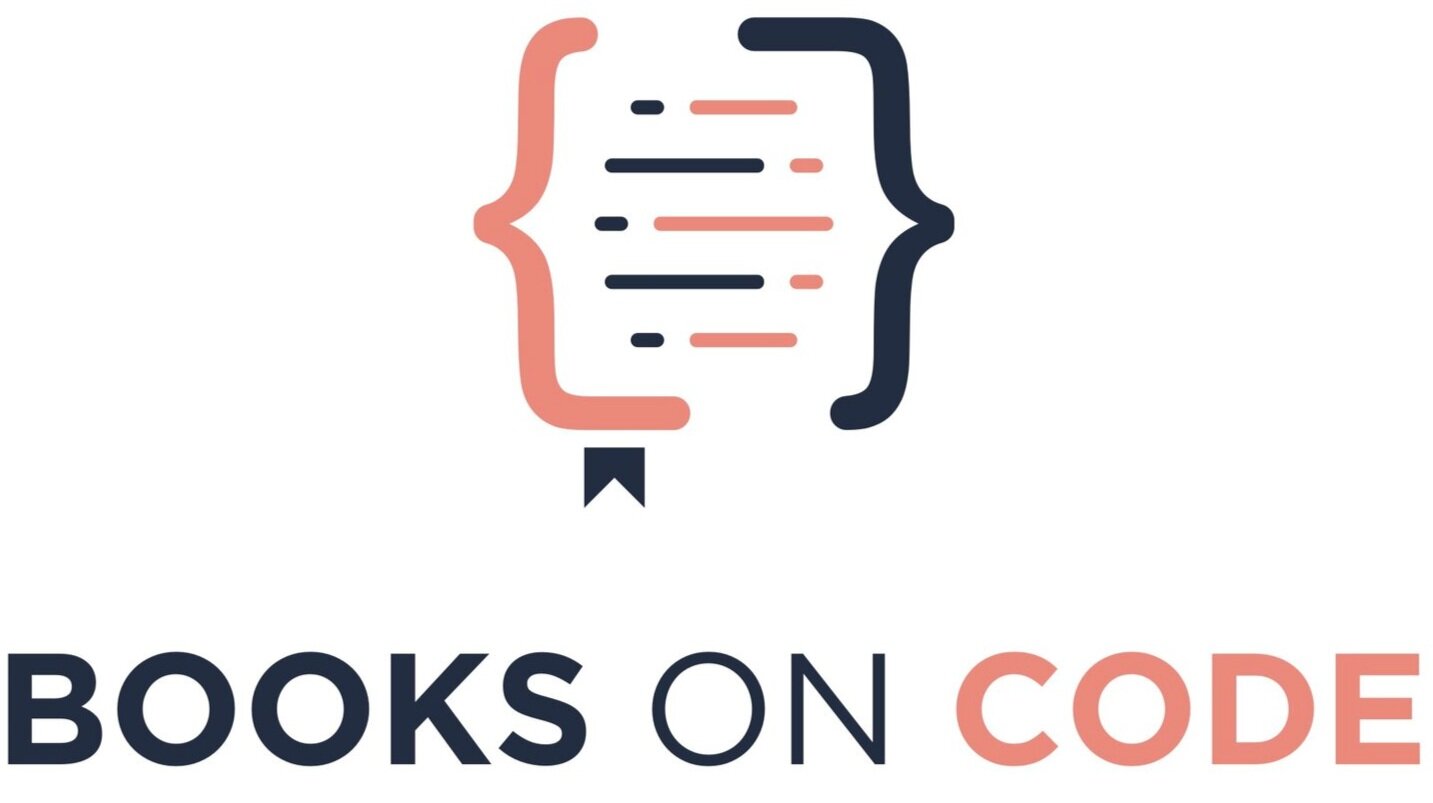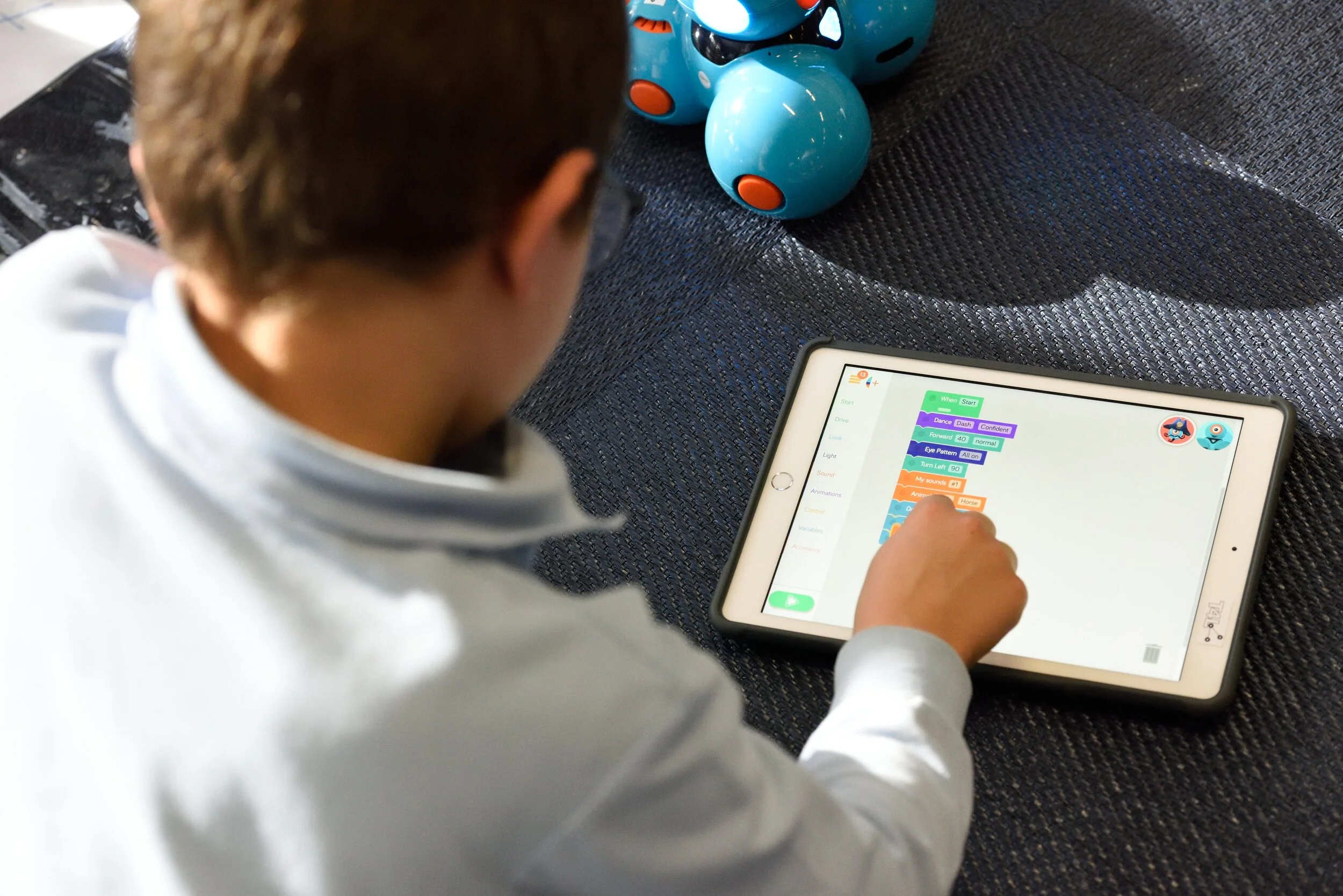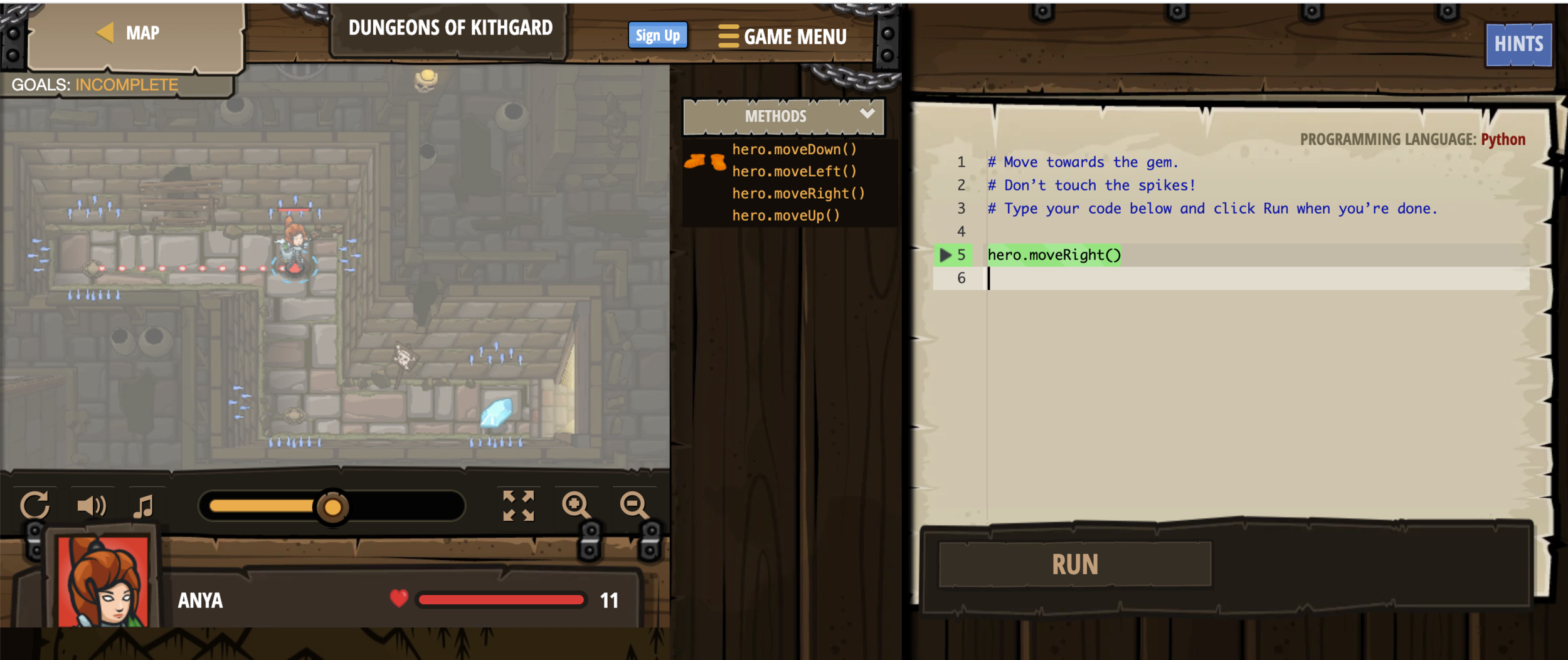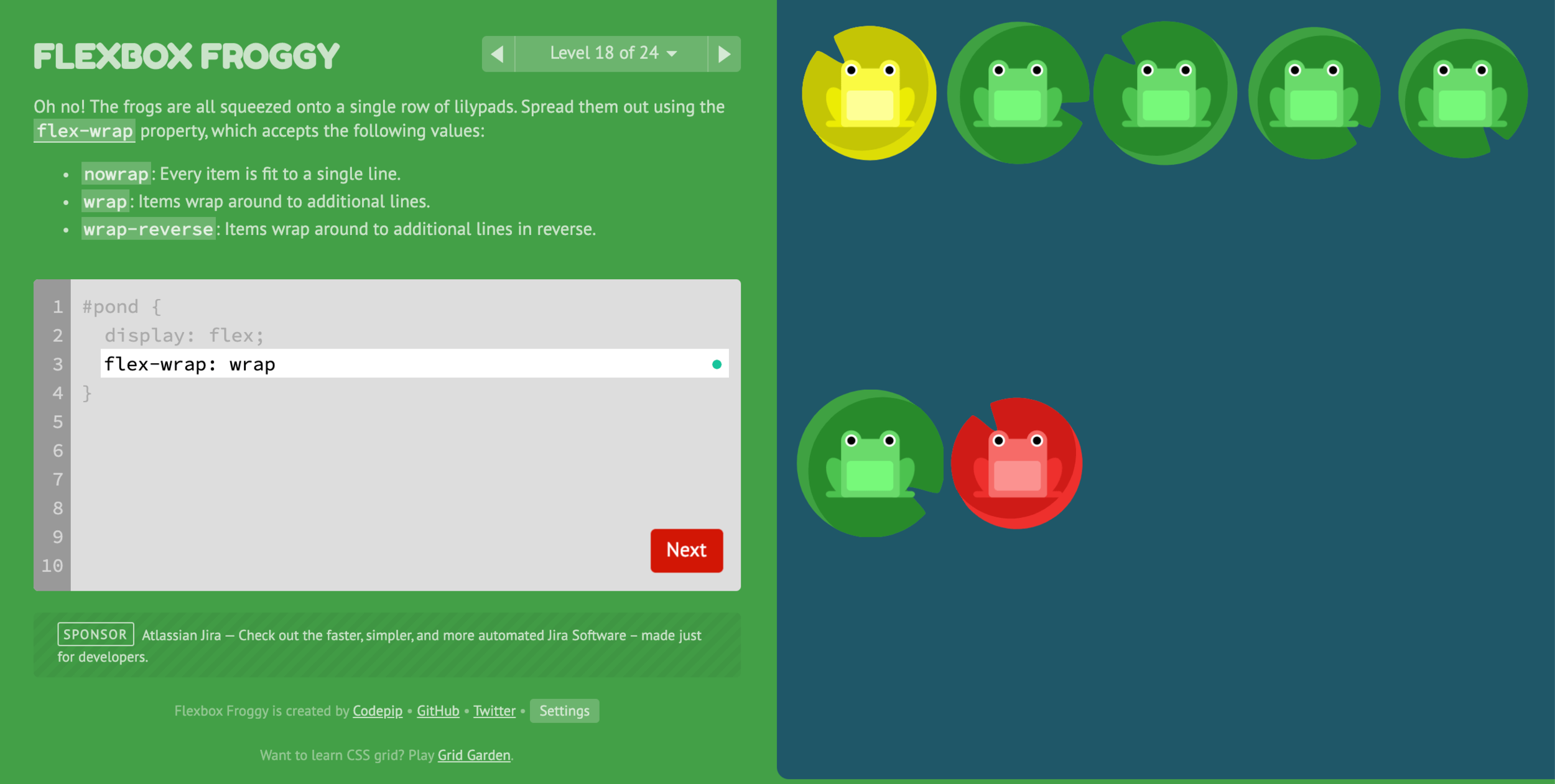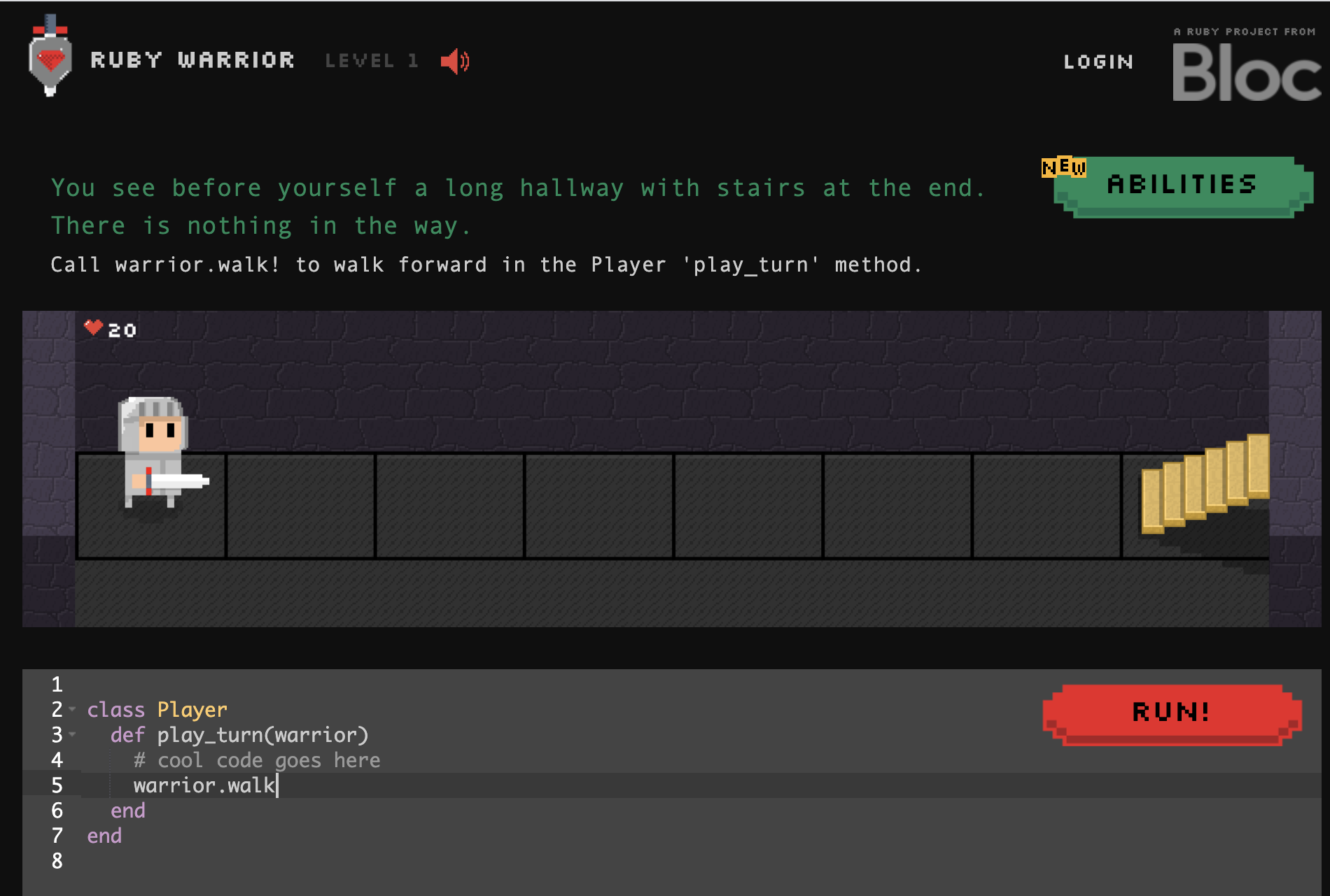5 Top Free Coding Games for Kids (and Adults) in 2023
In current year, we may feel like we don’t have many good things to be excited about. With kids staying at home, and with the task of teaching and entertaining kids thrust upon us, things can be tough.
But we are fortunate to have amazing and free coding games to keep kids (and even you, if you want) occupied. Kids can learn valuable computer science concepts at home, which can prepare them for a prosperous future.
I love coding games, personally. I play them myself as a full-grown adult who already knows her programming concepts. So if you want to play Hour of Code with Anna and Elsa as your companions, have no shame!
Let’s talk about these free coding games.
What are Coding Games?
Coding games employ action, adventure, and imagination to make the act of coding fun and engaging.
Coding games are games that aim to teach coding concepts in a fun, interactive way. These games are similar but different than interactive tutorials like those offered by Codecademy, which is a gamified learning platform. For more on what Codecademy is about, see my Codecademy Pro review.
Coding games offer a layer of abstraction in order to be games and not just tutorials. When completing an interactive tutorial, your goal is to build something like a web page — no abstraction. But when you’re playing a game, you are imagining doing something else like defeating a dragon. This element of imaginative play makes the game engaging.
Coding games serve as a great introduction to learning to code for kids and adults alike. Learning to program is an intimidating topic, but the core concepts are actually not that difficult. Coding games thwart fears so that you can learn without fear of inadequacy.
Coding games teach coding concepts while the gamer is hardly aware that they are being exposed to the type of problem-solving that real programmers do.
I love coding games. Even before writing this article, I played a lot of the games I include in this list. If you know me and this site, Books on Code, I love formats that put joy in learning.
Coding games are no exception.
Game 1: Codecombat
In code combat, guide your hero through dungeons or heroic battles using commands in your chosen language.
Languages:
Python (free)
JavaScript (free)
Coffeescript (free)
C++ (premium)
Codecombat is your classic medieval action-adventure roleplaying game. In this game, you complete missions on a Mario-style map marked with flags. Each challenge starts with simple tasks. For example, you move your hero through a treacherous dungeon with commands like hero.moveRight(). But this gets tedious, so the game soon introduces loops. Throughout the game, you pick up objects that work as, well, Objects. They grant you new abilities and ways to interact with the environment.
Honestly, Codecombat is fantastic. I have played it literally for fun and it actually teach programming concepts and problem solving with fun and engagement. Classic RPGs are the perfect format for a coding game. Turn-based combat and repetition is perfect for the genre.
The game is free to play and has a premium offering.
Game 2: Codepip
Flexbox Froggy involves moving color-coded frogs to the correct lily pad.
Languages:
HTML (premium)
CSS (free)
JavaScript (premium)
Codepip offers a series of short, effective games that teach front-end web development. The most famous free game that most front-end developers know about is Flexbox Froggy, but Codepip also offers Grid Garden for free.
Flexbox Froggy is a game that takes only a few minutes to play. It involves writing commands to move color-coded frogs to their matching lily pad. Flexbox is powerful layout commands for any front-end developer. So. Basically. Flexbox Froggy is mandatory.
This game is so effective at teaching Flexbox that my entire team once took a morning to play the game. Highly recommend!
Game 3: Hour of Code
Learn to code with a Minecraft world and characters.
Language: Blockly (a visual programming tool for elementary learning)
I remember when Code.org first burst onto the scene with their Hour of Code project. It was packed with well-designed games and videos featuring prominent figures like Bill Gates and Mark Zuckerburg. I was so excited by the nonprofit organization that I donated.
Since then, Hour of Code has expanded into a whole library of free games for kids, with iconic brands like Minecraft, Frozen, and Star Wars.
The production quality of these games are extremely high, and I am impressed a product this quality exists for free. Hour of Code is especially great for young learners, but the games can benefit anyone learning to code.
Game 4: Ruby Warrior
Ruby Warrior guides a warrior through various challenges using Ruby commands.
Language: Ruby
Ruby Warrior is an adventure game with a similar premise to Codecombat and Hour of Code, only this is for Ruby and the style is less catered toward children. For example, when you run code that does not achieve the task, you get error output. The game also does not shy away from using programming terms and even says the following as their mission statement:
This version of Ruby Warrior is a project by Bloc a part-time online coding bootcamp for people who want to keep their current job, learn how to code, and become a full-time software developer.
To save your progress in the game, you must be linked to a Facebook account. This game is great for programmers wanting to get familiar with learning to code with Ruby.
Game 5: VIM Adventures
In VIM adventures, you play a blinking cursor. Your job is to restore the world of Textland into order.
Language: VIM
VIM Adventures is a game that teaches how to use VIM, which is an in-terminal text editor. VIM adventures is different from the other recommendation on this list, since VIM is more a tool than it is a language. Yet — knowing VIM is a powerful skill, and the other games on this list are already sufficient in teaching coding fundamentals.
Having good VIM-fu is a sure way to impress your friends. Having strong muscle memory with VIM commands is much like learning the constellations and knowing how to read a star map (which, yes, I also know how to do).
This game is just charming. You guide a little shadow around, which represents your cursor. The game is challenging to learn without some beginner knowledge of what VIM is and how it works, since the game is like one big VIM window. After starting the game, type :help and Enter to get an introduction to the game.
The premise of the game goes like this:
You play a blinking cursor appearing one day in a semi text based world of Textland inhabited by little people but ruled by bugs. You soon discover that your arrival was foretold by an old prophecy and that you're expected to restore order to the world (in case you didn't make it to level 2 yet...).
More Fun Ways to Learn
While games are a great way to get immersed and deeply establish foundational concepts, games alone won’t launch your programming career. At Books on Code, we recommend that you use different methods together to learn to code: books, games, video tutorials, and interactive courses.
At Books on Code, we recommend a wealth of books. See below to find books in areas that you’re interested in:
For a gamified, interactive experience that helps you learn deeply, explore Codecademy. It’s free and has premium (‘Pro’) offerings. For more on Codecademy Pro, see my Codecademy Pro review.
For free resources for beginners learning to code. You can discover over 70 free resources to learn to code. I will see you over there in that article if you’re interested. 👋 😁
